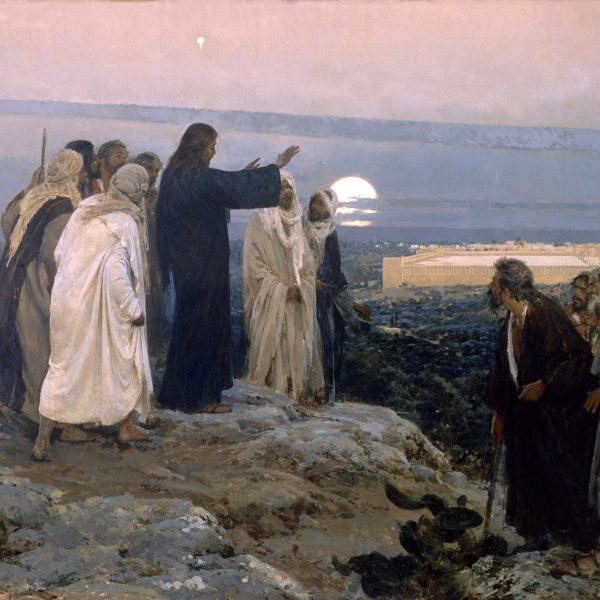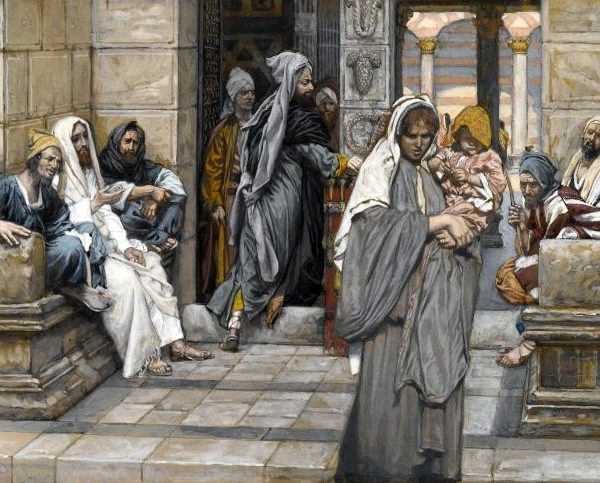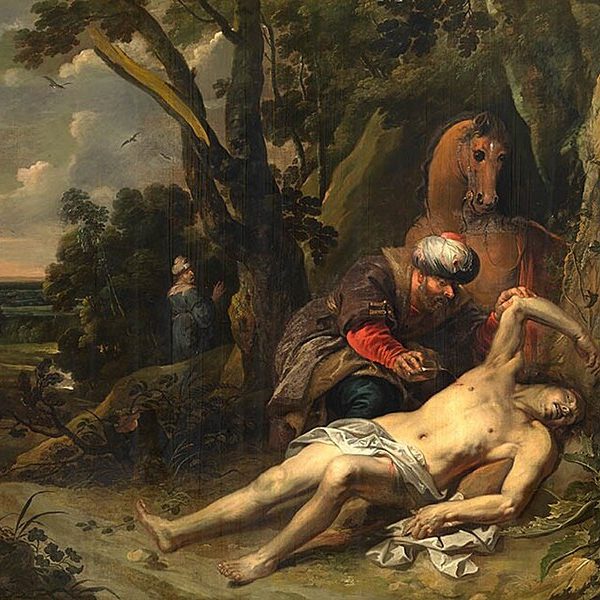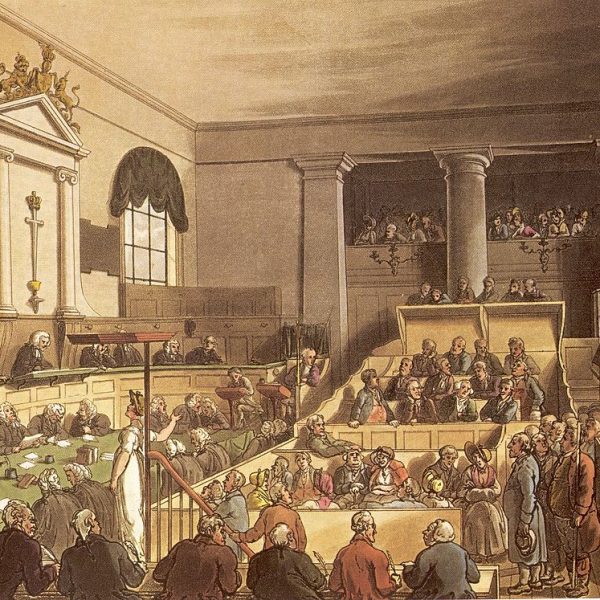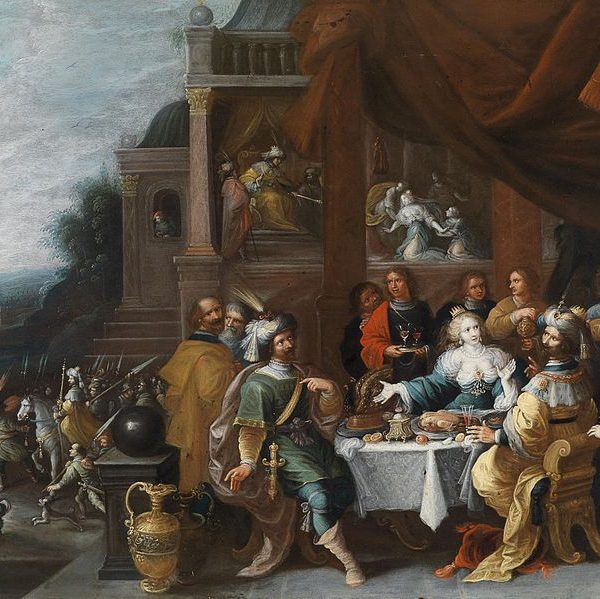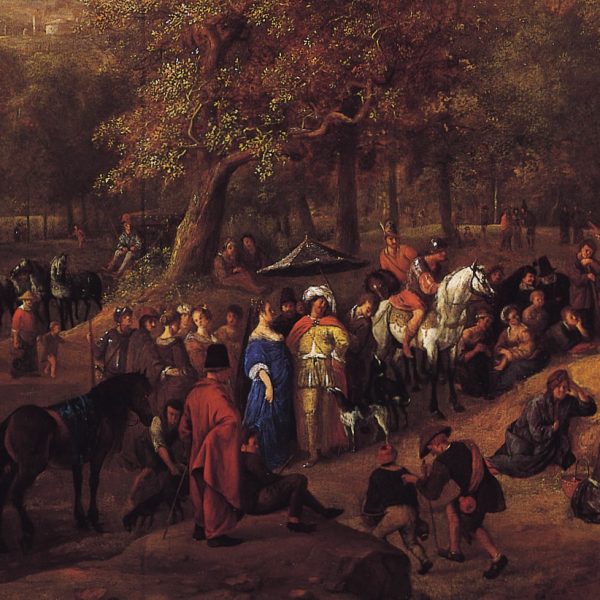
The message of John the Baptist challenges our complacency about sin, an attitude that pervades and perverts our entire life as a society.

In a hateful political climate, it’s easy to feel defeat. However, Daniel 7 teaches us that God is present in the midst of oppression and intervenes as a liberator God. We must join in this liberation to defy feelings of defeat.

Human rulers like Job might imitate the rule of God, but God’s power goes beyond what they are capable of enacting.

Integrity is what we demand from others, aspire to in ourselves, and often fall short of. We fall short, but will find wholeness in the Son of Man.
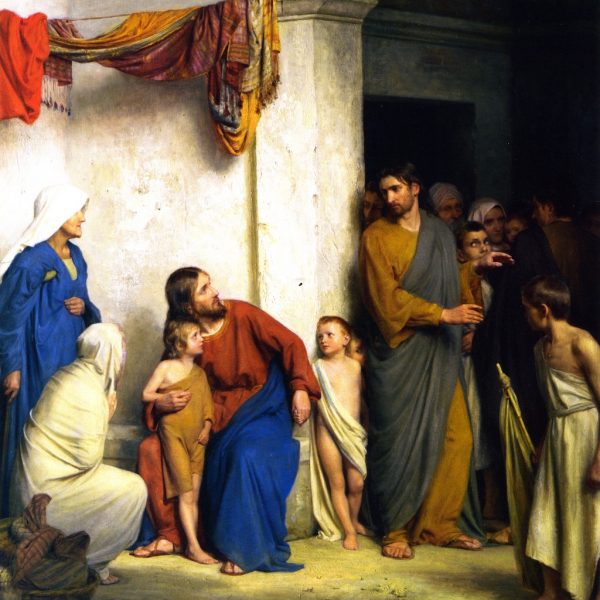
When we stop clinging to what we know and what we are, we can go out into the world without fear, insecurity, resentment, and judgment, as true Children of God. The image of a playing child helps us see alternatives to our childish attitudes.

